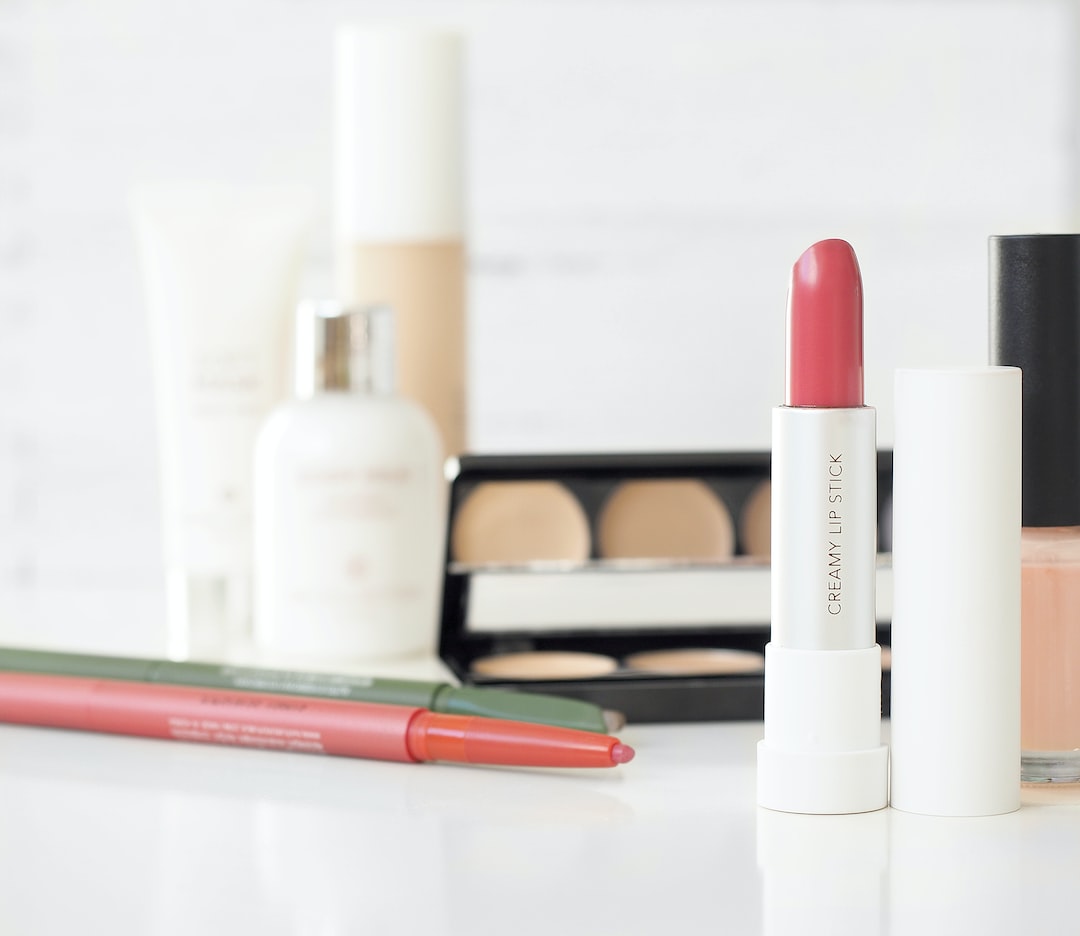Facial oils have become increasingly popular in recent years, and for good reason. The benefits of using a facial oil in your skincare routine are numerous, and can help to achieve healthy, glowing skin.
First and foremost, facial oils are excellent for hydrating and nourishing the skin. They are packed full of nutrients and essential fatty acids that help to keep the skin moisturized and supple. This is especially important for those with dry skin, as facial oils can help to prevent flakiness and keep the complexion looking plump and youthful.
Facial oils are also great for anti-aging. They contain antioxidants and vitamins that help to neutralize free radicals and protect the skin from damage caused by pollution and UV rays. This can help to prevent premature aging and keep the skin looking young and radiant.
Another benefit of using a facial oil is that it can help to balance the skin’s natural oil production. Many people believe that using oil on the skin will only make it more oily, but this is not the case. In fact, when the skin is dehydrated, it can overproduce oil to compensate. By using a facial oil, you can help to regulate the skin’s oil production, leading to a clearer, more balanced complexion.
Facial oils can also be used to target specific skin concerns. For example, rosehip oil is excellent for fading scars and reducing hyperpigmentation, while argan oil is great for soothing inflammation and reducing redness. By choosing the right facial oil for your skin type and concerns, you can address a variety of skincare issues and achieve a more radiant complexion.
Using a facial oil is also a great way to promote relaxation and self-care. Many facial oils are infused with essential oils that have relaxing and soothing properties, such as lavender and chamomile. Taking the time to massage a facial oil into your skin can be a calming and meditative experience, helping to reduce stress and promote a sense of well-being.
When incorporating a facial oil into your skincare routine, it’s important to apply it correctly. Facial oils should be applied after cleansing and toning, but before any heavier creams or moisturizers. It’s best to use a small amount and gently massage it into the skin, focusing on any areas of concern. Facial oils can also be used as a boost in your existing moisturizer or mixed with your foundation for a dewy finish.
In conclusion, the benefits of using a facial oil in your skincare routine are numerous. From hydration and anti-aging to balancing the skin’s oil production and promoting relaxation, facial oils are a versatile and effective addition to any regimen. By choosing the right facial oil for your skin type and concerns, you can achieve a more healthy, radiant complexion.


